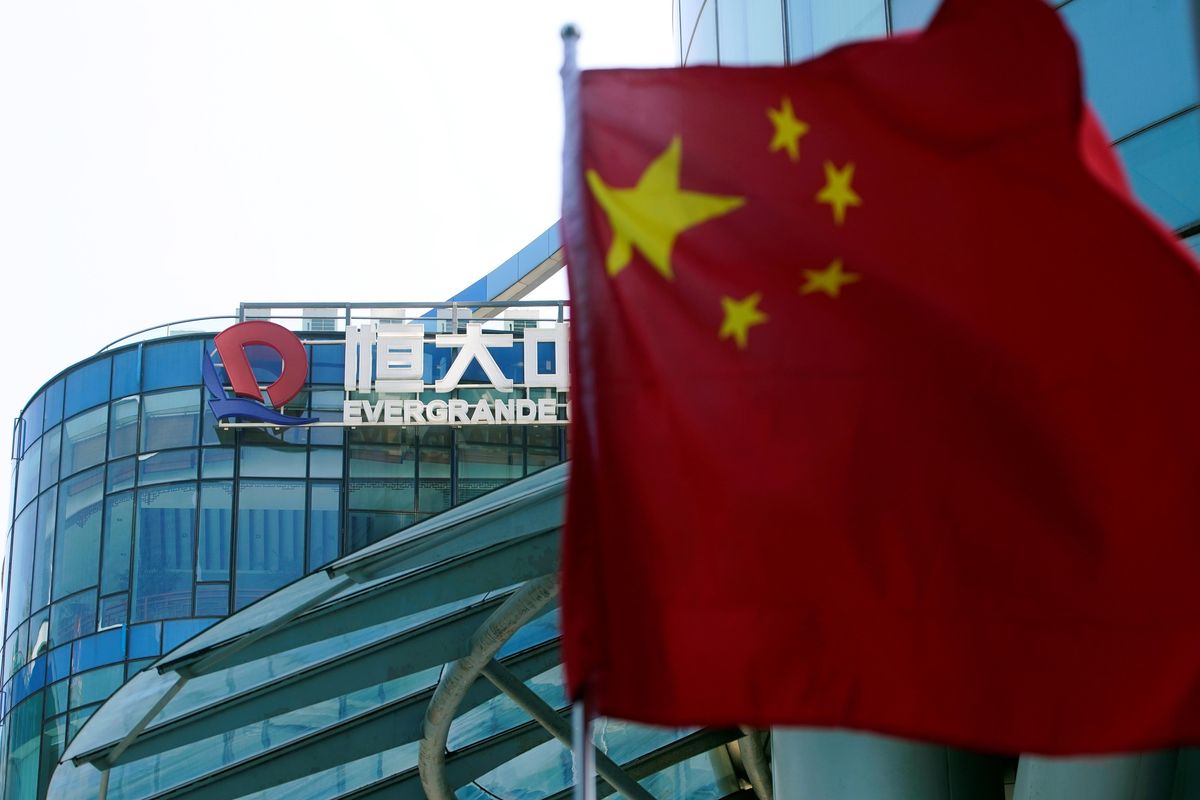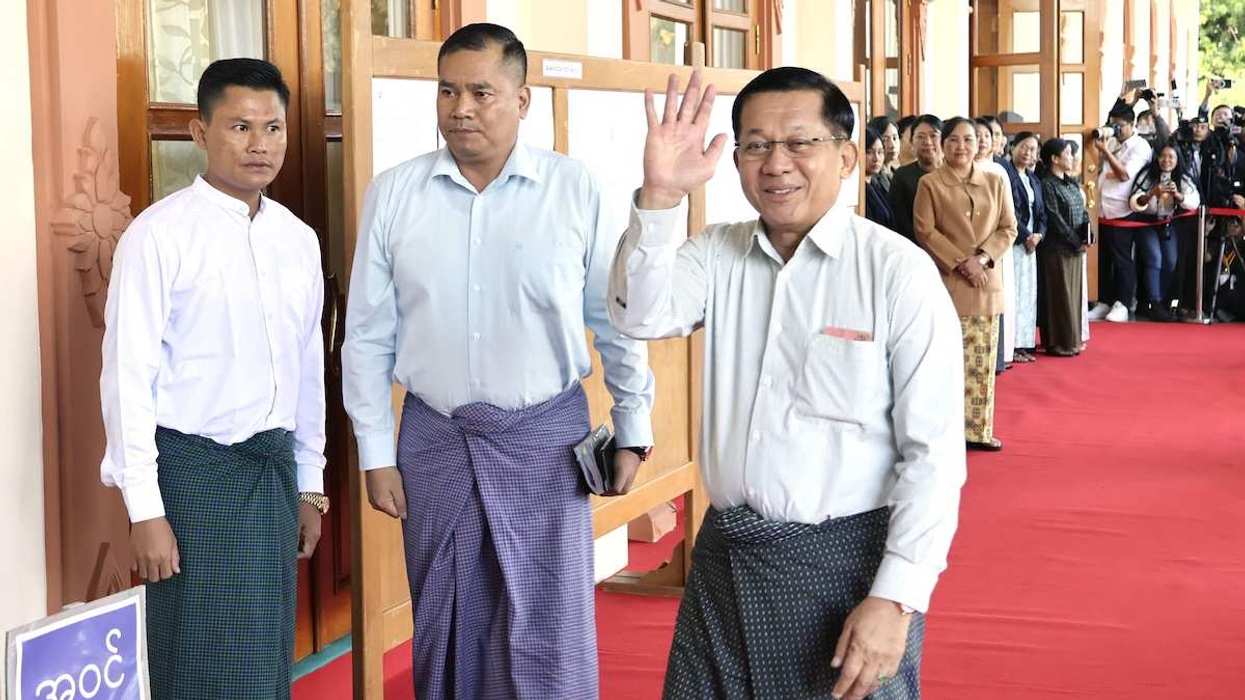Will Evergrande be China's Lehman Bros? Chinese authorities are bracing for the increasingly likely default of Evergrande, the country's most indebted property developer. If Evergrande — a gargantuan corporation with properties in 200 cities across China — stiffs its creditors, that'll send shockwaves throughout the country's financial system, and the wider Chinese economy and society. The possible ripple effects on home buyers and countless companies and individuals that do business with or are owed money by Evergrande have invited comparisons with Lehman Brothers, the US investment bank whose 2008 collapse triggered an American financial crisis that quickly spread to the entire world. Although in principle authoritarian China has ways of containing the fallout, the potential for social unrest is real — and opacity could make it worse. More broadly, the demise of such a big player in the country's once-booming real estate market, which accounts for over 7 percent of GDP, would expose the shaky foundations of China's debt-driven economic growth model, eroding confidence in China both at home and abroad.
Et vous, Maliens? First Australia, is Mali next? France can't be happy about what's going on in Mali these days, as protesters have taken to the streets to demand that their government distance itself from Paris and boost ties with Russia instead. The upheaval comes in the wake of reports that Mali's transitional government was about to broker a security deal with the notorious Wagner Group, a Russian private military contractors cozy with the Kremlin. France, a former colonial power which keeps counterterrorism forces in Mali, has sharply criticized any tie-up with the Russian mercs, who have been accused of war crimes elsewhere. But Malians have mixed feelings about the presence of the French troops, who have made scant headway against Islamist insurgents in recent years. As the Franco-Russian competition for influence in Mali spills into the streets, it's a reminder that Moscow has been working hard in recent years to boost its standing in sub-Saharan Africa. Will it pay off in Mali?
Tunisian president to rule by decree: In his latest bid to fix Tunisia's dysfunctional political system, President Kais Saied now says he can pass laws himself and ignore parts of the constitution altogether. This is the same Saied who suspended parliament and sacked the entire government in the wake of mass street protests about the ailing economy and COVID two months ago. At the time, many Tunisians supported his actions as a way to fix the country's broken politics, even if his opponents called it a coup. But now as his emergency period drags on, Saied — a former constitutional law prof — is starting to give off more dictatorial vibes. He says he needs more time to tweak the constitution to make it work for ordinary Tunisians, but a lot of folks are wondering about the president's true intentions now. Tunisia was the only democracy to emerge from the Arab Spring. Is that over?
















